Maya Dolgin is the founder and CEO of BraverMe. With over a decade of experience in leadership development and public speaking coaching, Maya trains individuals and teams to bravely, and effectively communicate and achieve their goals.
Maya Dolgin leads by example. Moving from her comfort zone of informal education to fundraiser, Maya has learned to do hard things such as ask philanthropists for money and handle rejection. These have contributed to Maya’s fearlessness as an entrepreneur, which has translated into helping others become fearless in the face of public speaking.
Rejection as a catalyst for success
Through her jobs at summer camp, and a gap year program, Maya began developing leadership and management skills. Through her job as a fundraiser at the Taub Center, she learned the importance of good communication skills and of relationship building. And through pursuing an MBA (during four years of night school, while holding down a full-time position), Maya picked up business skills that would complement her professional experience.
Though Maya was hired as a fundraiser at the Taub Center, up until the moment she walked in on her first day, Maya had always been uncomfortable talking about money. And while the Taub Center trained her and gave her opportunities to build relationships with the organization’s highest donors, it was still difficult for her at first, to ask for large sums of money.
But Maya describes her experiences as a fundraiser with a Taub Center as a positive one, despite the challenges. She describes it as “very, very uncomfortable at the beginning.” But working through her discomfort, she learned to ask, celebrate the wins, and handle rejection.
“It comes with a lot of preparation and it comes with getting a lot of rejections. I’m so used to getting rejections…and I don’t think that there’s any job out there that could have trained me more for being an entrepreneur than being a fundraiser first, because I’m so used to hearing the word ‘no.’”
But Maya explains “’No’ is not a bad thing. ‘No’ is you’re getting closer to yes with someone else, at another time, in a different context.”
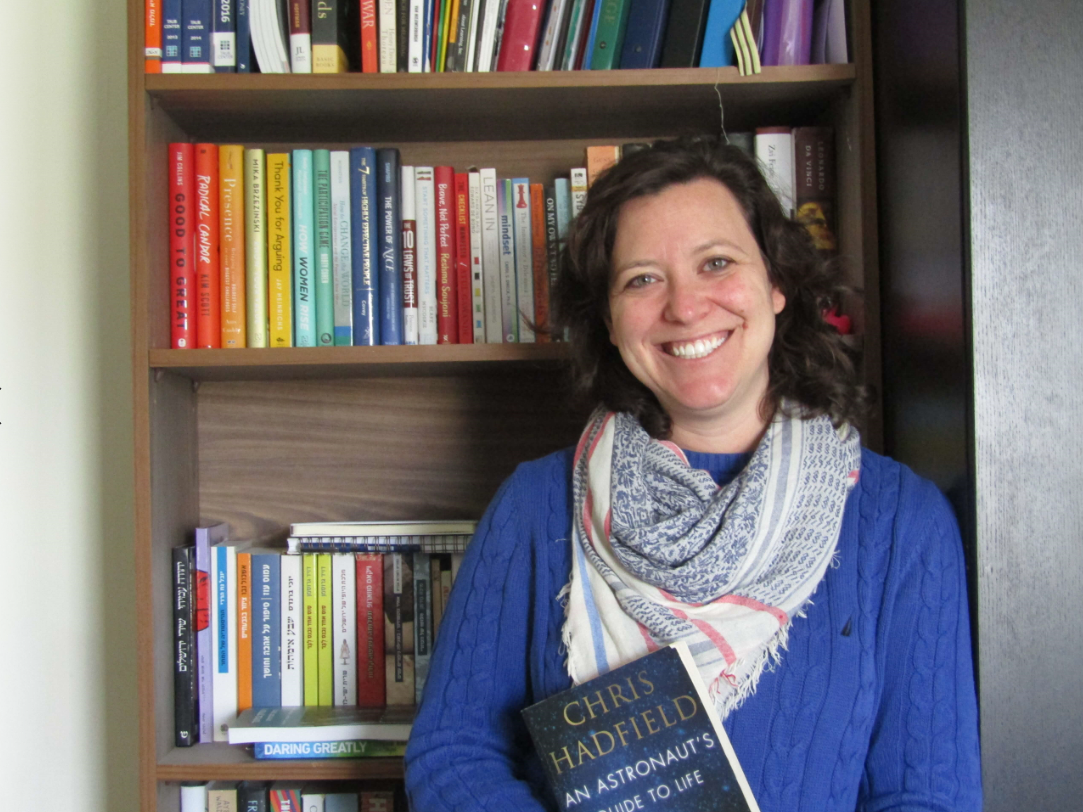
Women are passing up opportunities that they are qualified for. Men are happy to take their place being less qualified.
As part of Maya’s unofficial job description, she helped prepare researchers for their presentations. It was here that she noticed a discrepancy between male and female researchers.
Maya began to see that women researchers were less inclined to takes risks and put themselves out there. What especially highlighted this, was when the Director of Communications asked one of the researchers, a woman, to be interviewed on TV, about research she had just published. But the topic for discussion would be a minor aspect of her broader research. The researcher refused. “I don’t know enough about that topic, that’s not my area of expertise” she said. Maya explains that her refusal was in fact a different way of saying “they’re going to ask me questions that I don’t know to answer, I might look stupid on TV.”
What ended up happening is that a male researcher in the department, who was not the author of the study, volunteered to go on tv. And he read up on the subject, and properly prepared himself about it. He then went on TV, talked about the subject and sounded well-versed and intelligent about it. It was a great opportunity for him and a huge missed opportunity for her.
From this experience, Maya learned that women are passing up opportunities that they are well qualified for, and men are happy to take their place being less qualified.
She decided that this had to change and that she was going to change it.
The need for BraverMe
Maya began with market research, looking for a product market fit, thinking that Israeli teenagers were the target audience for her service. But as her research into the viability of turning her idea into a non-profit deepened, Maya’s feedback from women entrepreneurs showed something else: women entrepreneurs were looking for programs that would help them become better speakers and communicators.
“I realized I was touching a nerve…and if I set my business up as a social business where I leave a certain portion of my time and my energy for things that are not going to be money makers, but are important to me really as a part of the business, then that benefits everyone….and so that is how BraverMe was born.”
Today, through BraverMe, Maya helps women entrepreneurs develop their communication skills. She has also developed communication workshops for teenagers, and many others, such as a salary negotiation workshops for female engineering students heading out into the workforce.
Follow Maya Dolgin’s work through BraverMe’s Facebook page or on the BraverMe website.
I am grateful to Maya for providing me with the opportunity to interview her. In our time together, Maya shared valuable insights with me. Here are a few more:
Takeaways:
1. What was the best piece of advice you ever received?
“One practical piece of advice that made a huge difference in my life was from my camp director…Around, when I was 20, she and I had this conversation where I was feeling very frustrated because…a lot of people were telling me I should go be a rabbi. And I sat with my camp director and I said, I just don’t get it. If I want to be you someday, if I want to run a camp, do I need to be a rabbi? She said no. You need to go get an MBA and learn how to run camp like a business. She said just because it’s a non-profit doesn’t mean that you don’t need business skills to do this job. And she and my mother were the really the two people who were pushing from a very early age that there were business skills that I needed to learn to match my vision and my planning.”
2. What do you think every woman needs to know in order to succeed?
- “Success is not a place that you get to. There’s not going to be a banner hanging that says ‘welcome to success.’
- It’s as much what’s behind your eyes as it is, what’s in front of your eyes.
- When you are successful, you are not going to stop making mistakes, you’ll just be able to recoup and move on faster.
- We all look for something to give. We’re all worthy of gaining success.”
3. Can you elaborate on why you think being a camp counsellor is such a great place for kids to pick up experience?
“It’s an unbelievable experience. First of all, you’re giving young people responsibility. But you’re also giving them problem solving and multitasking and keeping other people on track and understanding the difference between ikar [lit. the main thing] and taffel [lit. the trivial]. And…it’s a 24 hour sprint of a job…you wake up first thing in the morning and you throw shorts on and you’re out the door. And you come back at 11 at night and you just fall face first on your pillow, and you get up the next day and do the same thing.”
4. What are 3 books do you think every woman needs to read? [Note: Maya is a book lover, and recommended 5!]
- How Women Rise by Sally Helgesen and Marshall Goldsmith
“This is my biggest recommendation for women who are looking to advance. It inspired me so much, I created an entire workshop around it. It really helped me understand the things that I’m helping women work through–that these individual things that I see are patterns across thousands of women.”
- Know Your Value by Mika Brzezinski
- Brave, Not Perfect by Reshma Saujani
- Mindset by Carol Dweck
- An Astronaut’s Guide to Life on Earth by Chris Hadfield
5. What apps do you use to keep you organized?
“My secret to being organized is my iPad, my Apple Pencil and Good Notes.
- iPad – I take it everywhere with me. It’s also my secret to not having back pain anymore, if I can avoid having my laptop with me.
- Apple Pencil – I use it to write my notes in Good notes.
- Good Notes – It’s an app for iPad. This is everything. Every meeting, every person and everything I write down. Everything from everything in my life is organized. And it syncs with iPhone so that if I don’t have this [iPad] with me, I can still find what it is if I type in the word.”
6. How do you define success?
“Achieving the goals that you’ve laid out for yourself.”
7. What’s your favourite quote?
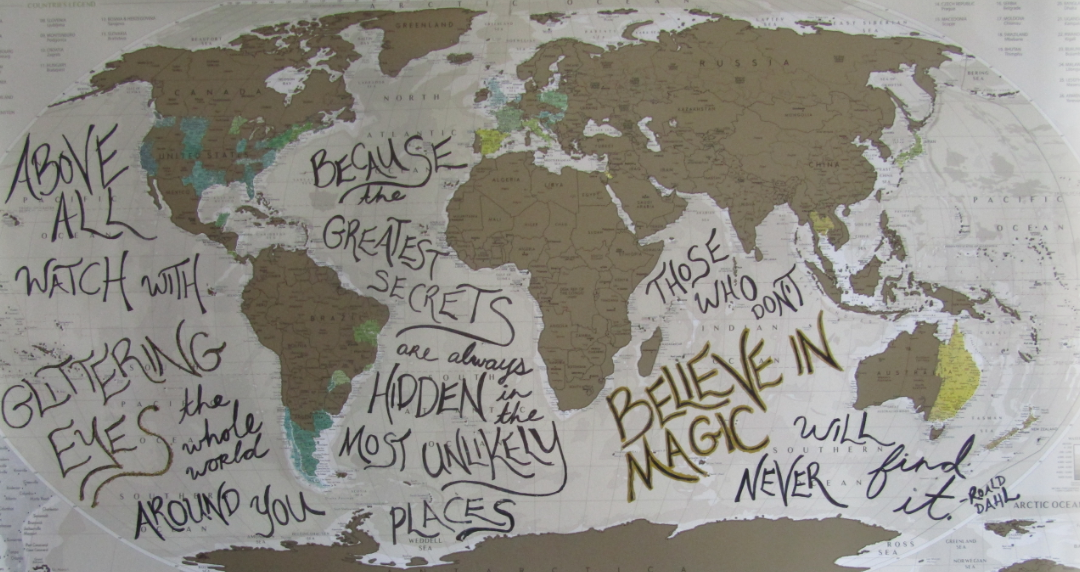
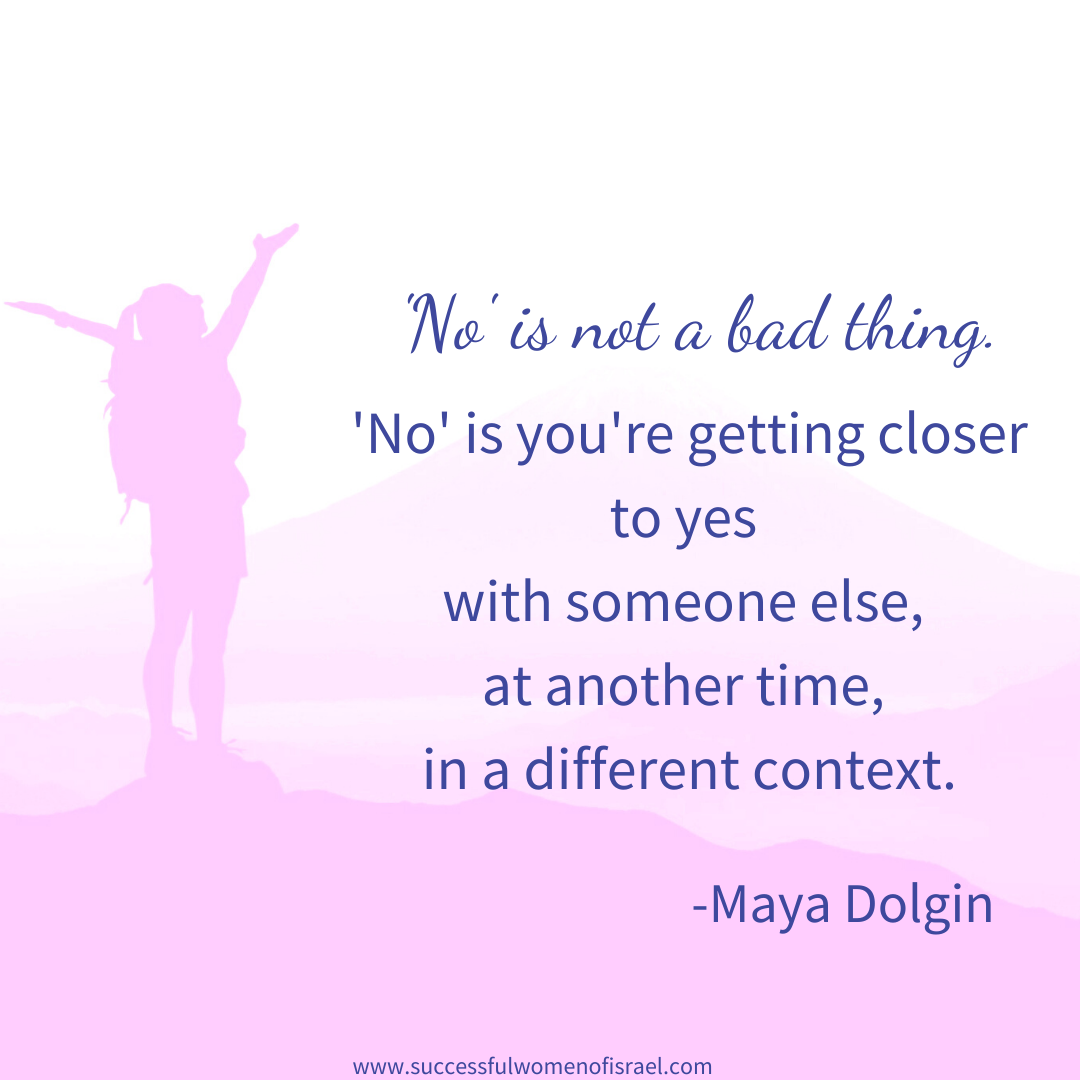
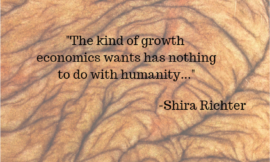
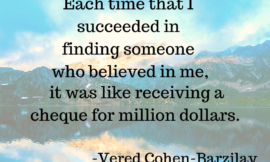
Thanks for reaching out to interview me, Liat. I’m happy to have shared some of my thoughts with you and your audience. Looking forward to staying in touch!
Thank you Maya for the opportunity! I look forward to staying in touch!